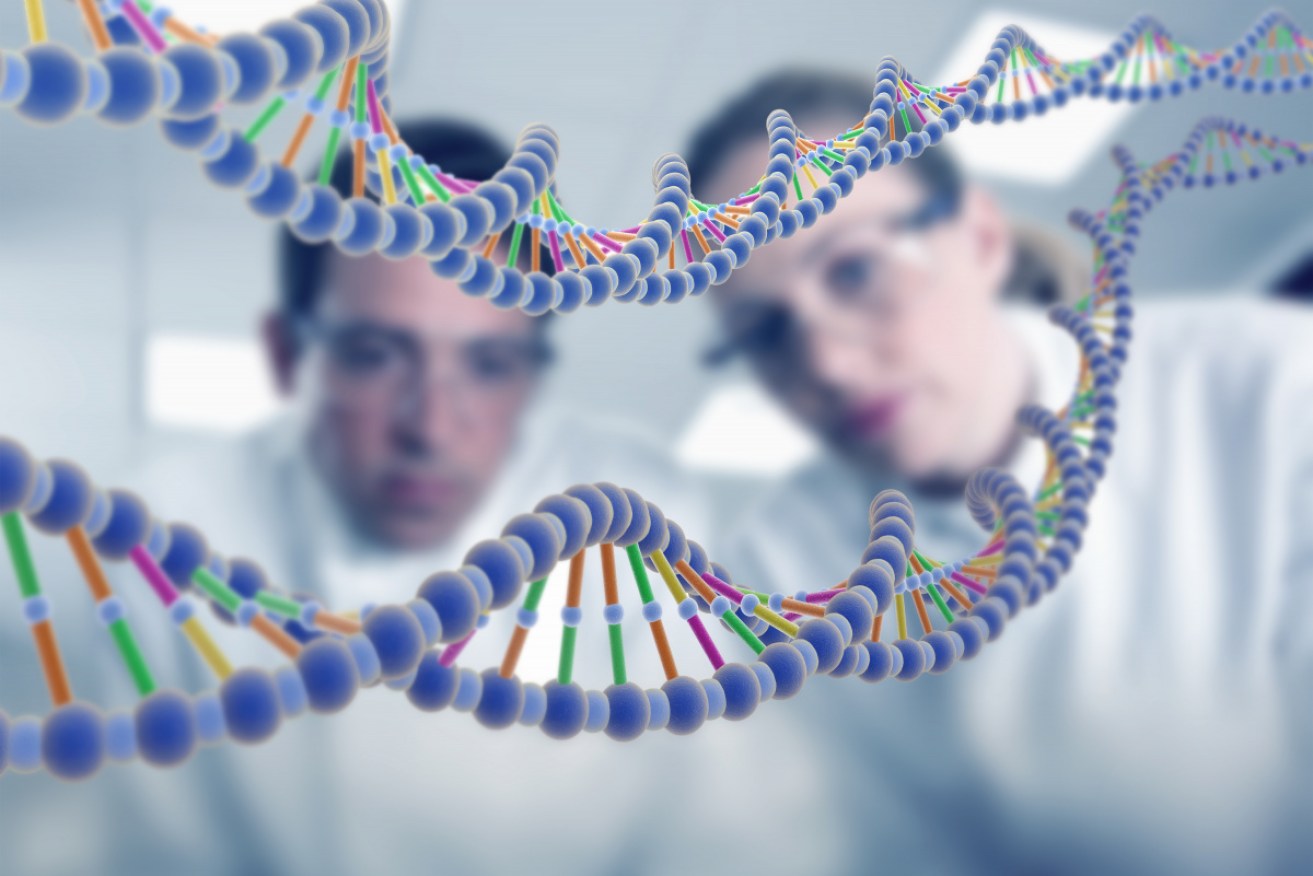Make a big decision based on genetic testing? A new study suggests maybe not


The new study suggests genes are poor predictors of disease and factors such as environment and metabolism play a bigger role. Photo: Getty
Scared of what horrors lie quietly in your genes? Calm down – so suggests a new study which finds that in most cases our genes have less than 5 per cent to do with the risk of developing a particular disease.
The immediate conclusion to latch onto from this University of Alberta research: your DNA is not a death sentence, as some people tend to believe.
In fact, the study says, your genes are not even a good predictor of disease.
They are simply one risk factor among many, and in the main a lesser factor than previously thought.
Other factors tend to play a bigger role
The study concludes that your environment and metabolism, lifestyle and exposure to various kinds of nutrients, chemicals, bacteria, or viruses play a bigger part in predicting where your health is going.
“Simply put, DNA is not your destiny,” said Dr David Wishart, professor in the University of Alberta’s Department of Biological Sciences and the Department of Computing Science and co-author on the study. He is quoted here from a prepared statement.
“The vast majority of diseases, including many cancers, diabetes, and Alzheimer’s disease, have a genetic contribution of 5 to 10 per cent at best.”
However, the study revealed some notable exceptions, including Crohn’s disease, celiac disease, and macular degeneration, which have a genetic contribution of approximately 40 to 50 per cent.
“Despite these rare exceptions, it is becoming increasingly clear that the risks for getting most diseases arise from your metabolism, your environment, your lifestyle, or your exposure to various kinds of nutrients, chemicals, bacteria, or viruses,” Dr Wishart said.
The authors suggest that measuring “metabolites, chemicals, proteins, or the microbiome provides a much more accurate measure of human disease risk and are also more accurate for diagnosis”.
Will this have clinical consequences?
The researchers conclude their findings fly in the face of many modern gene-testing businesses models, which suggest gene testing can accurately predict someone’s risk for disease.
“The bottom line is that if you want to have an accurate measure of your health, your propensity for disease or what you can do about it, it’s better to measure your metabolites, your microbes or your proteins – not your genes,” Dr Wishart said.
“This research also highlights the need to understand our environment and the safety or quality of our food, air, and water.”
It might take a while before this paper sets off the kind of excitement that spirals into over-heated current affair TV programs.
It certainly should set off a big conversation
So how did the researchers reach their conclusions? Statistical modelling via a tool created for the job is the short version.
In what they call “the largest meta-analysis ever conducted”, the scientists examined two decades of data from studies that examine the relationships between common gene mutations, also known as single nucleotide polymorphisms (SNPs), and different diseases and conditions.
These studies are called genome-wide association studies (GWAS).
The authors write: “The appeal of genome wide association studies is that they provide a relatively facile approach for detecting potential genetic contributors to common, complex diseases (such as diabetes) or phenotypes (such as body mass index or hair colour) using a simple case-control study model.”
While GWAS are too simplistic or even superficial (in the view of the authors) they have become very popular since the first one was done in 2005 – a small study that “explored the association between certain SNPs and age-related macular degeneration”.
To date more than 3700 genome-wide association studies have looked at almost an equal number of conditions or phenotypes, with study populations as large as 1.3 million have been published.
“Through these studies many highly significant SNPs have been identified for hundreds of diseases or medical conditions,” the authors write.
“However, the extent to which GWAS-identified SNPs or combinations of SNP biomarkers can predict disease risk is not well known.”
If the authors’ results are correct, “the links between most human diseases and genetics are shaky at best.”








